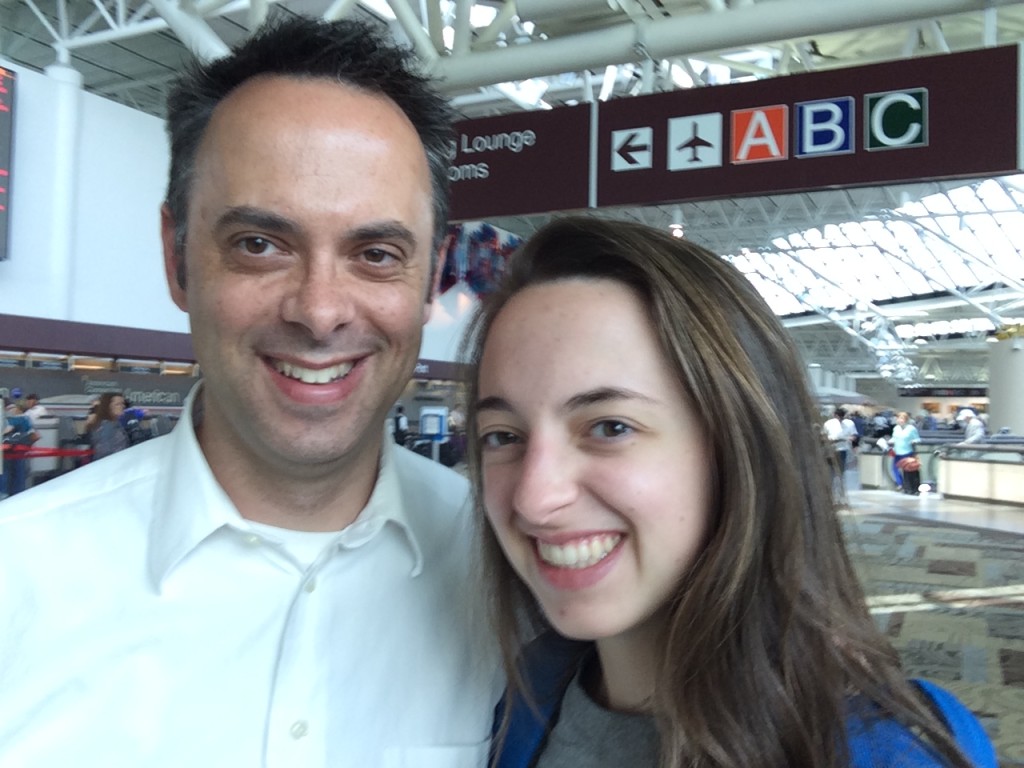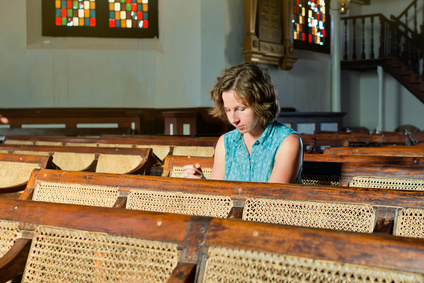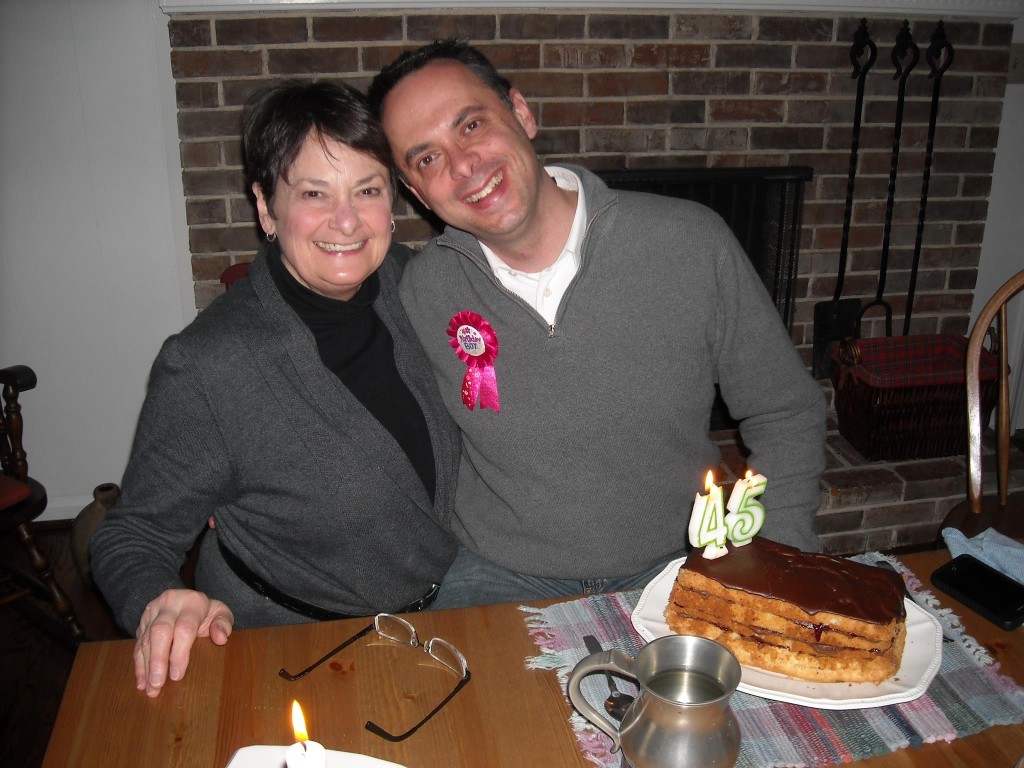One day, years ago, my friend’s wife died. She was about 42 and seemed to have vibrant health. But one night she went to sleep and never woke. She left a wonderful husband and four great kids behind. Before then I never witnessed a family grieve so hard. She was a great wife, mother, and support to many and now she was gone.

Believe In The Goodness Of God
As you can imagine, a loss like that can make your future look bleak. I know each one of those family members had to wrestle with whether they could once again catch a vision for a hopeful tomorrow.
Every year I personally speak to scores of people who in suffering a loss or setback have begun to wonder if there will ever be a new horizon for them in their future. They have felt so kicked while they were down, so un-favored over time, that they believe their future is bleak.
I know when I am worn down by a continuous stream of setbacks I get weary and tired. No doubt you are the same. Layer of hurt washes over consecutive layers of hurt to bring such a constant current of pain that your mind begins to think it will never get better. It is like your brain accepts a new darker program of perception.
This is life’s great test of faith.
I had a friend who often would say, “Things are getting so bad, I’m about to lose my religion.” How pathetic.
Think about it. If your faith in God can’t sustain you through life’s trials, it isn’t a very stout faith. If God is bigger than our problems, if he really transcends every reality, then shouldn’t our faith in him be strong enough to give us a persevering perspective over our problems and disappointments.
There are a lot of things that can drive you to think bleakly of your future…
You lose your job,
Can’t find a job,
Lose a friend,
A family member attempts suicide,
Get cheated on by a spouse or fiancée,
Struggle with chronic illness,
Endure through the ups and downs of a prodigal child,
Watch a loved one die,
Get your application rejected,
Get yourself stuck in an addiction,
Become frustrated in a loveless marriage,
Struggle with the pain of a heartbreaking divorce.
All these things and more can make your future hopes seem irreparably compromised. God can seem distant and uninvolved. You thought that a loving God was in the business of delivering you out of problems, but now he seems to you to be absent or literally leading you into painful difficulty.
So how do you trust God when the future looks bleak?
The writer of Proverbs tells us straight away…
“Trust in the LORD with all your heart and lean not on your own understanding; in all your ways acknowledge him, and he will make your paths straight.” (Proverbs 3:5-6)
The truth is “how do you trust God when the future looks bleak?” is really not a fruitful question. It is not a matter of “how” but a matter of “that.” It is a choice.
It is saying, I am hurt, I am disillusioned, I am frustrated and do not know how to fix things, but I am making the choice to trust in the transcendent will and divine love and perfect goodness of God.
It is a matter of not leaning “on your own understanding.” It is about saying, I am confused in this situation, but I believe God is not in the least confounded. It is choosing to believe that, even in the pain, God has a plan and that plan is for my good.
Paul writes in Romans, “We know that in all things God works for the good of those who love him, who have been called according to his purpose.” (Romans 8:28)
When my friend’s wife died, I watched him go through all the stages of grief. But I never saw him lose his faith. The blow he experienced could have been a tragedy over which he might have “lost his religion.” But he didn’t.
In the months after her death I heard my friend and others in our circle say something over and over again. It was a statement of faith, a profession of confidence in a God who understood more than our little minds ever could. I heard people say, “This situation is terrible, but God is good.”
In saying that they changed their perspective on what initially seemed like a darker future. They chose a perspective of faith. They chose to believe God had a plan even in horrible brokenness and that the plan was for our good. Not that someone passing away was good, it wasn’t. But God had a plan to display his goodness in the midst of it all.
So have you struggled, through very real personal pain, to see a horizon in your future? Yes? Then you are faced with a choice—to trust or not to trust in the goodness and transcendent plans of God.
I beg you today—trust in his goodness even when your circumstances are not good.
Question: How have you found strength through a choice to trust in God’s goodness no matter what? You can leave a comment by clicking here.















